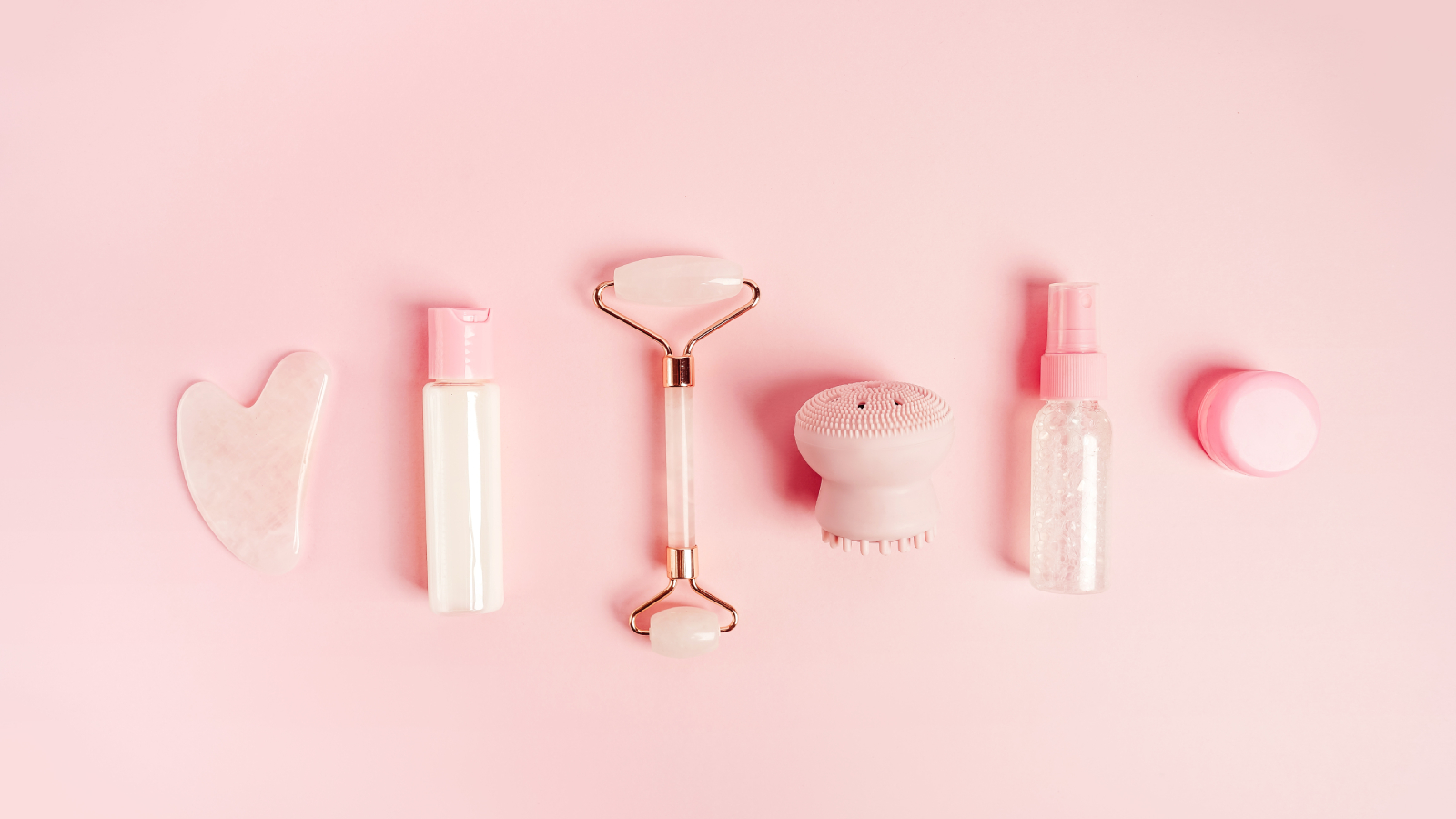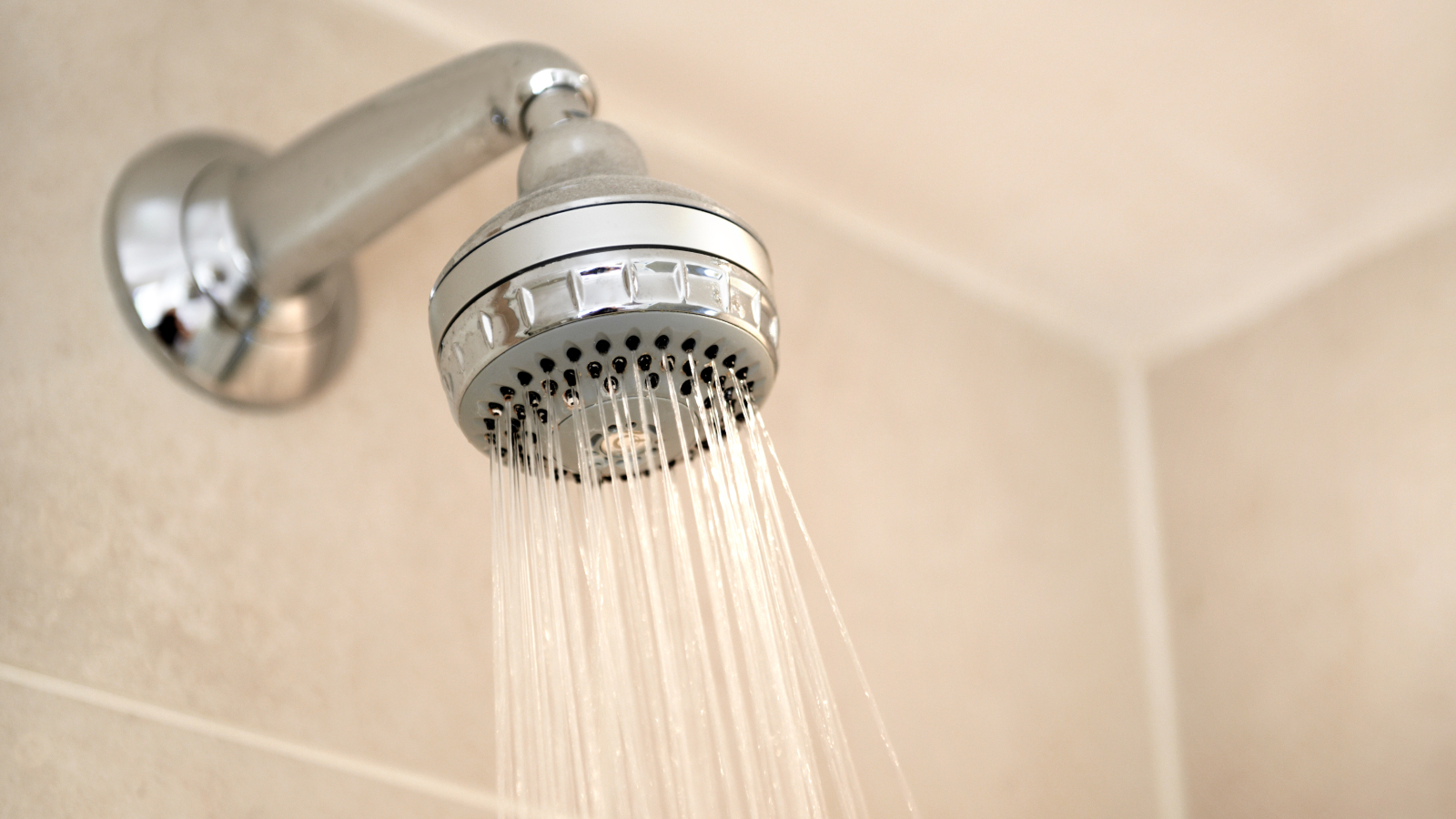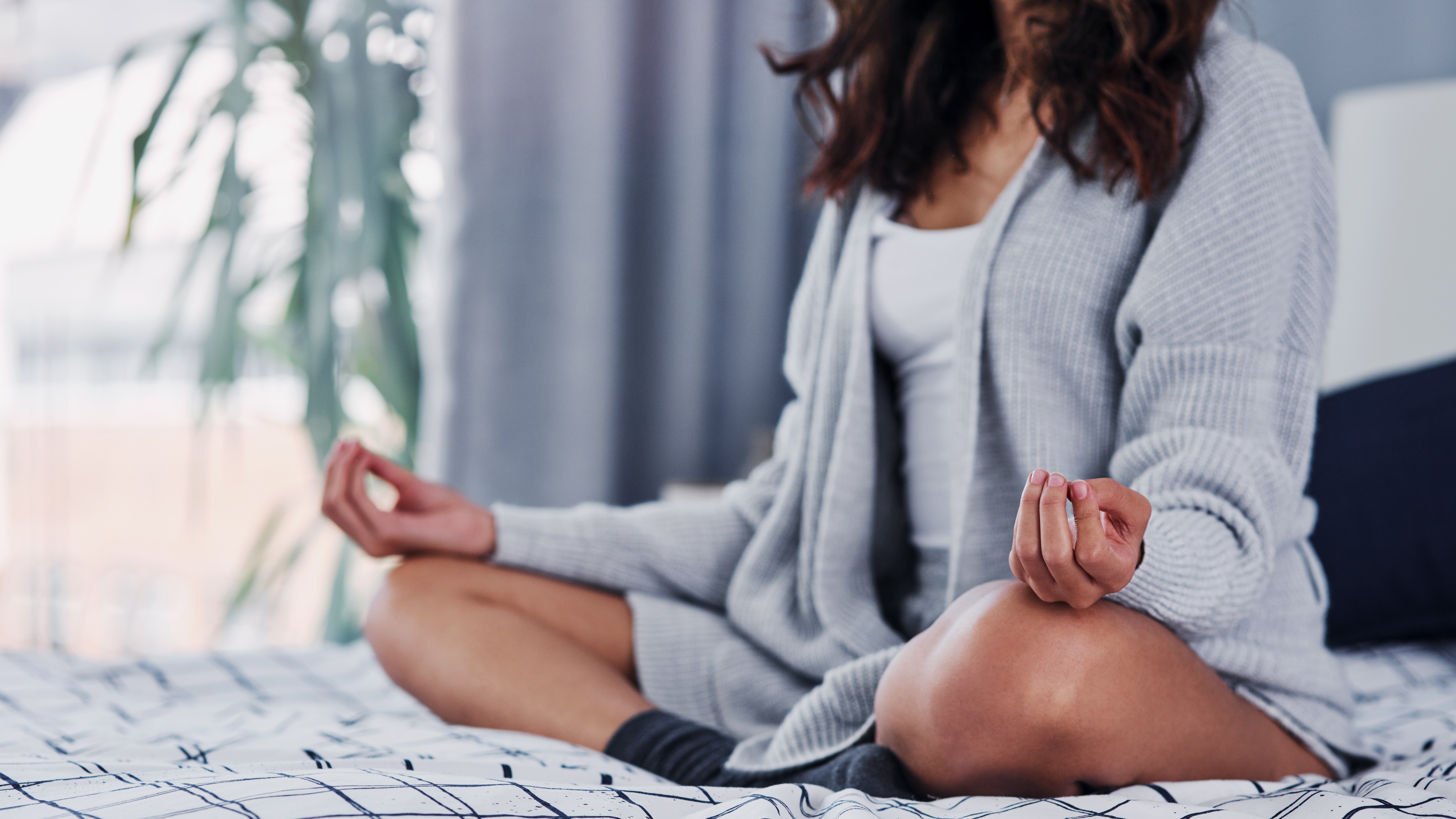How to build a bedtime routine for adults that will help you drift off with ease
Create a bedtime routine you love and can stick to with these expert tips

A good bedtime routine is key when it comes to preparing the body and mind for a restful night’s sleep. While we snooze, our body rests and repairs, allowing us to wake up feeling refreshed and ready to take on the day. But, how many of us actually have a bedtime routine as an adult, and even more so, how many of us actually stick to it?
If you struggle to fall asleep when your head hits the pillow, the first thing you should do is look at how you’re spending the hours before bed. Did you have your last cup of coffee too late in the day? Are you spending too much of the evening in front of the television? To help you create a bedtime routine that works for you, we spoke to sleep experts who revealed how to switch off properly, fall asleep faster by improving sleep hygiene and get a better night's sleep.
1. Avoid electronic devices in the evening
“Creating a bedtime routine puts your body in a relaxed state and is the perfect opportunity to slow down and create rituals that help you unwind,” says Deborah Szebeko from Sound Asleep Club. Going on social media right before bedtime prevents you from doing this and is a big no-no, according to Szebeko. “It can send our brains whirling and [negatively] impact our emotions. If you’re using a screen, ensure you have it set to night mode where the screen brightness is on low.”
Similarly, hypnotherapist Lorraine McReight, believes that it’s essential to switch off your electronics in the evening and allow your body and mind to prepare for sleep. An hour before Lorraine goes to bed, she switches off her devices and avoids TV thrillers or documentaries late in the evening. “They stimulate the mind and are not conducive to a good night’s sleep,” McReight says.
2. Stay away from caffeine after midday
For most of us, an afternoon cup of coffee can be the fuel we need to keep going through the rest of the day. However, having a caffeinated drink near bedtime can make it difficult to fall asleep. Chris Dreyfus-Gibson, a sleep expert at Zentrify, says caffeine can greatly impact our sleep quality.
“Caffeine acts as an adenosine receptor antagonist. Adenosine is a substance in your body that promotes sleepiness and so the caffeine will block the adenosine receptor, which will keep you from feeling sleepy,” Dreyfus-Gibson says. Caffeine also causes our bodies to produce more adrenaline, giving us a burst of energy that can leave us struggling to sleep.
Karl Rollison, a therapist who specializes in treating insomnia advises turning to decaffeinated drinks before bed if you’re unable to resist a hot drink in the evening. Instead, drink a glass of warm milk or try one of the best sleep teas for relaxing to get your hot drink fix without stimulating your mind and body.
Sign up for the woman&home newsletter
Sign up to our free daily email for the latest royal and entertainment news, interesting opinion, expert advice on styling and beauty trends, and no-nonsense guides to the health and wellness questions you want answered.
3. Try a pressure point massage

A really great way to wind down before sleep is to give yourself a simple and easy self-massage. Nadege Louvet, Global Head of Quality at Urban, advises massaging pressure points on the face and neck to wind down before bed. You could also invest in one of the best gua sha tools to help here.
Repeat the techniques below three to five times while breathing consciously, and you’ll feel ready to drift off in no time.
- Use your fingertips to do a figure of eight movement around the eyes
- Use your palms to gently stroke your forehead, cheeks, and neck
- Squeeze the trapezius muscles (between your neck and your shoulders) between the fingers and palm of your hand
- In a circular motion, gently stroke your earlobes with your pointer finger and thumb. Work your way up to the top of your ear
4. Carry our gratitude exercises
Practicing gratitude can help us sleep better and for longer, according to Dr Guy Medows (Phd) cofounder of Sleep School. "Taking gratitude can be as easy as spending a few minutes at the end of the day in bed to think about the events, people or places that you’re grateful for in your life that day.
"Whatever comes to mind, see if you can clearly identify why it is that you are grateful for it and pause to notice how the feeling of appreciation feels. Scientific research tells us that actively reflecting on what we’re grateful for in life helps us have a more positive mindset. This helps us relax, both mentally and emotionally, and can have a very positive effect on our sleep." Try writing down three things you are grateful for each day to help cement the habit.
5. Have a hot shower or bath an hour before bed

If you usually prefer to shower in the morning rather than in the evening, you might want to consider switching to a nighttime shower or bath if you’re struggling to sleep. “When we fall asleep our body temperature drops, so having a hot shower or bath an hour before bed artificially raises it. This means we can then allow it to fall naturally so we’re kick-starting the sleep cycle again, promoting a deep, better quality sleep,” reveals Rollison.
If you only have five minutes, a quick warm shower should help your body relax. But if you have more time, and want to take things one step further, Szebeko suggests combining your hot soak with some self-care rituals, such as lighting a candle, giving yourself an at-home facial, or having a bath with massage oils.
6. Create a dark space
We all know artificial light is bad for us before bed, but limiting any light at all before bed can really help to get our bodies ready for bed. "Reduce light levels in your home, switch on blue light filters and turn down the brightness of your devices at least two hours before bed," advises Dr Thomas. "Darkening down helps to trigger the release of melatonin, the sleep promoting hormone."
Keeping your room dark and cool will help you create the right environment to help you drift off. And of course, it's essential to have the best pillow and best mattress for your needs, too. Comfort is key!
7. Try nightly breathwork

Before settling down, breathwork can really help. Breathwork is a really easy way to quickly slow down the body and mind before bed, according to Szebeko. She recommends the 4-7-8 breathwork practice.
“Breathe in quietly through the nose for four seconds, hold the breath for a count of seven seconds and exhale through the mouth, pursing the lips and making a “whoosh” sound, for eight seconds. Repeat the cycle up to four times. It’s amazing how quickly this starts to quieten the mind,” Szebeko adds. You could also incorporate meditation and mindfulness into your evening routine, by practicing mindful eating or bedtime yoga like yin yoga.
You could use essential oils to help you meditate too—see our guide to the best essential oils and the best essential oil diffusers if you're not sure where to start.
8. Be consistent
Your bedtime routine shouldn’t be a chore and can be made extra special by filling it with nice things and activities you enjoy. What's more, doing this will encourage you to stick to it every night and actually be something you look forward to. Creating your own bedtime routine involves a bit of trial and error, but this is important to understand what works for you, according to Dreyfus-Gibson.
Some ideas could include reading a book for half an hour before bed, treating yourself to new bath oil, buying lavender mist to fill your bedroom with a relaxing sleepy scent, burning some relaxing essential oils, or playing some gentle classical music to help you wind down.
You could also spend some time journaling, writing down what you are grateful for that day. Or, you could set some time aside to explore the previous night's dreams or common nightmares you experienced to help put your mind at ease before you nod off. Often, finding out the meaning of dreams will help ease any sleep anxiety as we drift off.
Giving yourself this time to slow down and unwind by adding small but enjoyable activities to your bedtime routine, is sure to have you heading straight to dreamland…
If you are experiencing long-term sleep issues, speak with your doctor for further advice.
Zesha Saleem is an award-winning freelance journalist, specializing in opinion and features who enjoys covering topics such as politics, education, health, diversity and culture. Her work has featured in a range of print and digital publications, including The Times, The Telegraph, gal-dem, VICE World News and more. She has also contributed to discussions on Times Radio.
-
 Trisha Goddard is in the Celebrity Big Brother house to show others with cancer they should not be 'scared of living'
Trisha Goddard is in the Celebrity Big Brother house to show others with cancer they should not be 'scared of living'Trisha Goddard hopes that appearing on Celebrity Big Brother will show that people with cancer can "live successfully" with the disease.
By Lucy Wigley Published
-
 6 common houseplant myths to ignore, warn horticulture experts
6 common houseplant myths to ignore, warn horticulture expertsThese common misconceptions about caring for indoor plants might surprise you – they feel perfectly logical
By Emily Smith Published